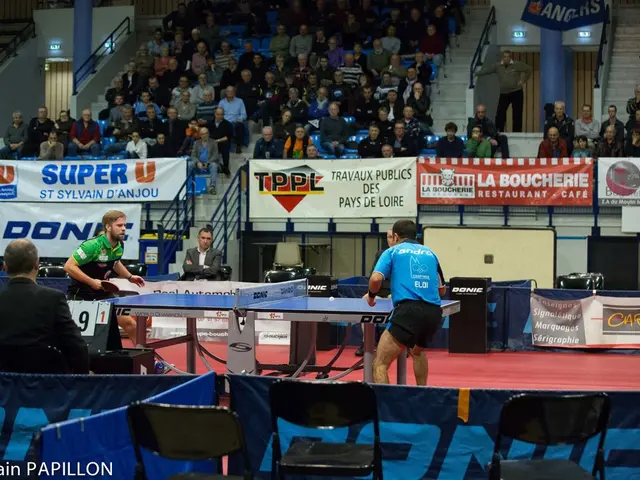Nestlé's new CEO and board confronted with the necessity of making substantial decisions moving forward
Nestlé, the world's largest food and beverage company, is facing a significant shake-up under its new CEO, Philipp Navratil. Appointed in 2025, Navratil replaced Laurent Freixe, who was let go a year earlier due to an undisclosed romantic relationship with a subordinate.
The departure of Freixe, who was appointed by former Board President Paul Bulcke in August 2024, marked a tumultuous year for Nestlé. The executive-level blunders at the company have led to an unprecedented drop in the stock price, raising concerns about its strategic direction.
Navratil, known for his exceptional directness, ambition, and results-oriented approach, must urgently set the course for a restructuring that will take several years. The restructuring will involve measures that will hurt, including a review of the workforce with the aim of cutting costs.
The global food market is in motion, and size alone no longer impresses investors. As a result, Navratil must question whether some products still fit with the company and changing consumer habits. Businesses involving vitamins or frozen food must also be put to the test.
Many investors are calling for a focus on the premium segment to boost growth at Nestlé. The controversial water division, a symbol of clinging to old ways, could be a potential target for divestment or reduction. The Nestlé board is indeed considering divesting or reducing its 20% stake in L'Oréal, valued at 40 billion euros, which could provide the necessary funds to reduce Nestlé's increased debt.
Meanwhile, the global food market continues to evolve. Kraft Heinz in the U.S. plans to split into two companies, and Keurig Dr Pepper is acquiring the coffee company JDE Peet's to continue as two independent companies. Unilever will list its ice cream division separately on the stock exchange in November. These developments underscore the need for Nestlé to adapt and innovate to remain competitive.
If the Nestlé board hinders Navratil's efforts to shape the company's future, an activist investor like Daniel Loeb could potentially re-enter Nestlé. Loeb, known for his aggressive stance on corporate governance, could push for changes to help Nestlé navigate its current challenges.
In the face of these challenges, Navratil faces a daunting task. But with his proven track record and ambitious approach, he is well-positioned to lead Nestlé through this critical period and ensure its continued success.







